OECD Tax Policy Reforms 2024: Key VAT Changes and Global Trends

The Organisation for Economic Co-operation and Development (OECD) published the newest edition of its annual reports on tax policy reforms from jurisdictions worldwide. The OECD Tax Policy Reforms 2024 (2024 Report) report provides significant insight into tax policy developments and the latest tax trends, including VAT-related ones.
The 2024 report includes data on taxes collected in 2023 from 90 OECD and G20 countries that replied to the OECD annual tax survey form.
VAT Changes and Trends
According to the 2024 Report, temporary VAT rate reductions were one of the main strategies countries used to combat price increases on certain products. The VAT rate reduction was mainly applied to energy products like electricity and natural gas. In most countries, these measures were initially supposed to last a few months but ended as a long-term solution as the global geopolitical situation changed. Besides energy, food products are the next most common category for temporarily reduced VAT rates.
The 2024 Report indicates that sectors like hospitality, restaurants, and tourism, which suffered significantly during the COVID-19 pandemic, were heavily supported by the reduction of VAT rates.
Natural disasters that hit numerous countries and regions worldwide notably affected VAT rates. Angola, Mexico, Turkey, and Uruguay all implemented reduced VAT rates on supplies necessary to minimize the impact and speed up the recovery from hurricanes, floods, and earthquakes.
As stated in the report, six countries, Estonia, Turkey, Luxembourg, Maldives, Singapore, and Switzerland, took a less popular approach and increased their standard VAT rates to raise government revenue and budgets.
Among many relevant information, it is necessary to single out the trend of many jurisdictions updating their VAT rules and regulations to collect VAT more efficiently from digital and telecommunication services.
As the global economy is more digitalized, governments face many challenges, primarily related to online sales by non-resident companies to individuals. Therefore, many countries have reformed their national VAT laws to introduce new rules for cross-border supplies of goods and services. Governments are also considering further regulating online sales of low-value imported goods.
Finally, seven countries have increased or publicly announced their intention to increase the VAT registration threshold to reduce the financial and administrative burden on small businesses.
Conclusion
Keeping track of all VAT-related changes globally is challenging, so reports like this help businesses remain informed and tackle complex rules and regulations. Moreover, the 2024 Report confirmed that more countries regulate online sales of goods and remote supply of services.
As it is estimated that more than 30% of total tax revenue comes from goods and services taxes such as VAT, GST, or Sales Tax, governments will inevitably continue to look for ways to update and adjust their national indirect tax policies.
Source: OECD - Tax Policy Reforms 2024

More News from World
Get real-time updates and developments from around the world, keeping you informed and prepared.
-e9lcpxl5nq.webp)





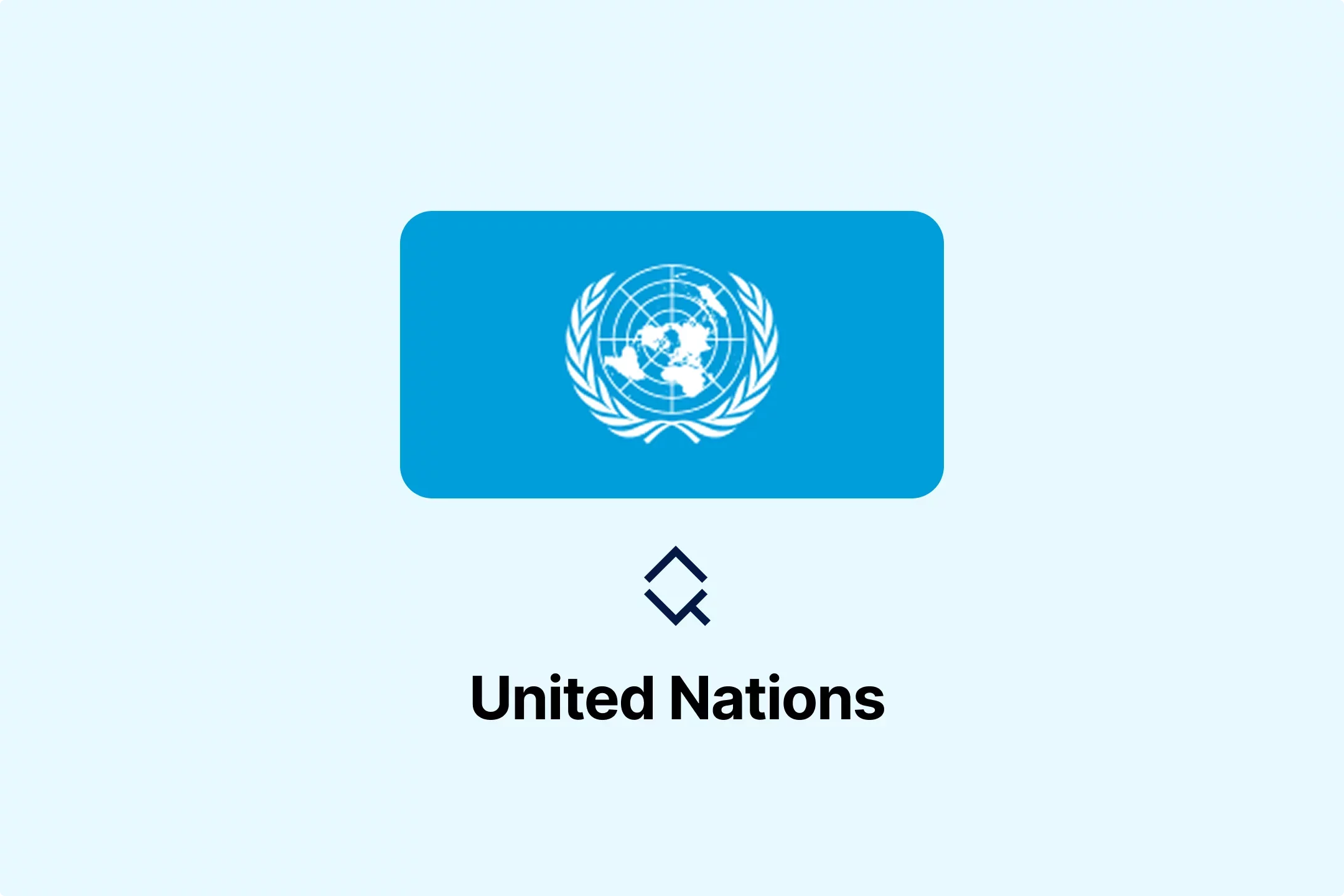

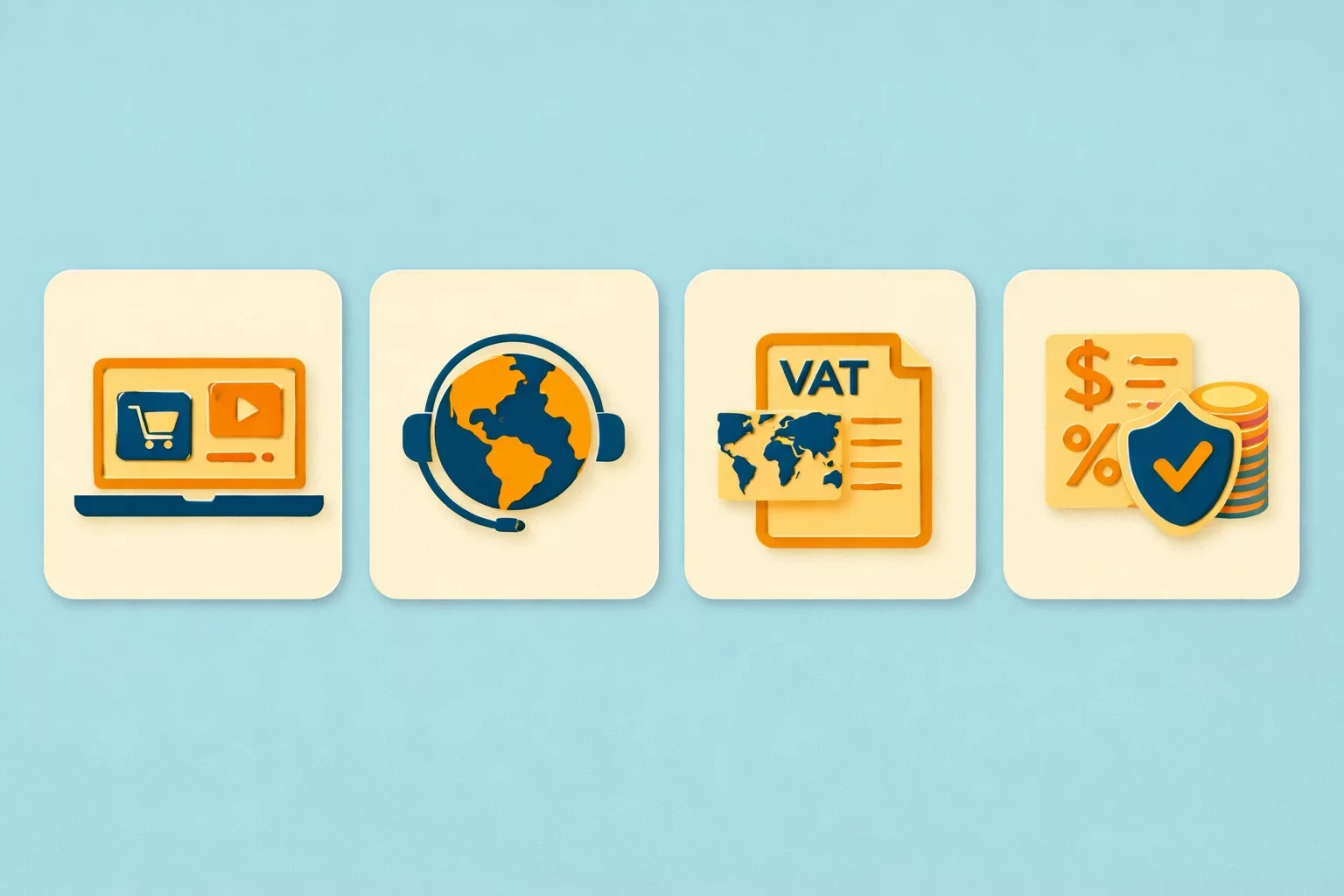
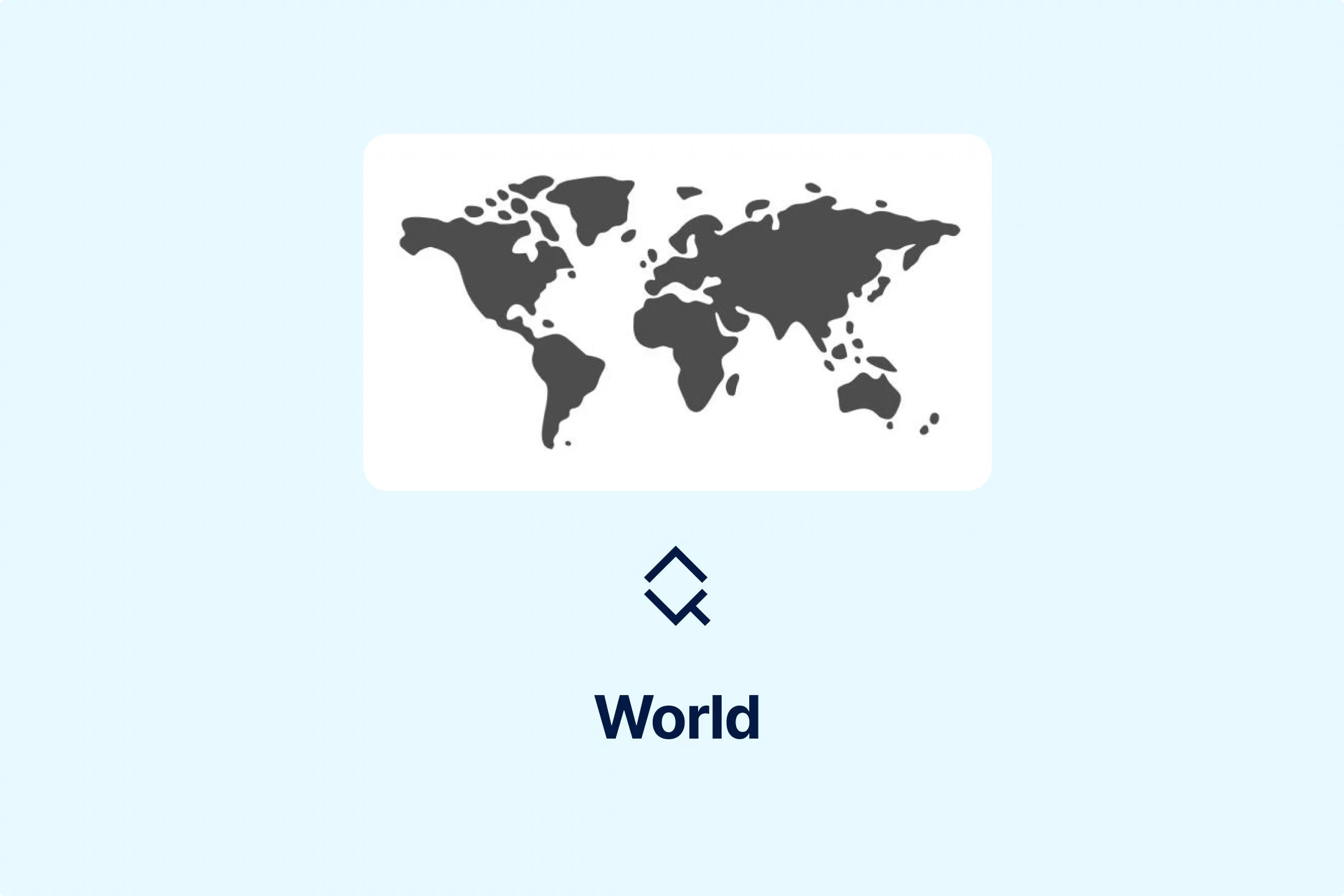
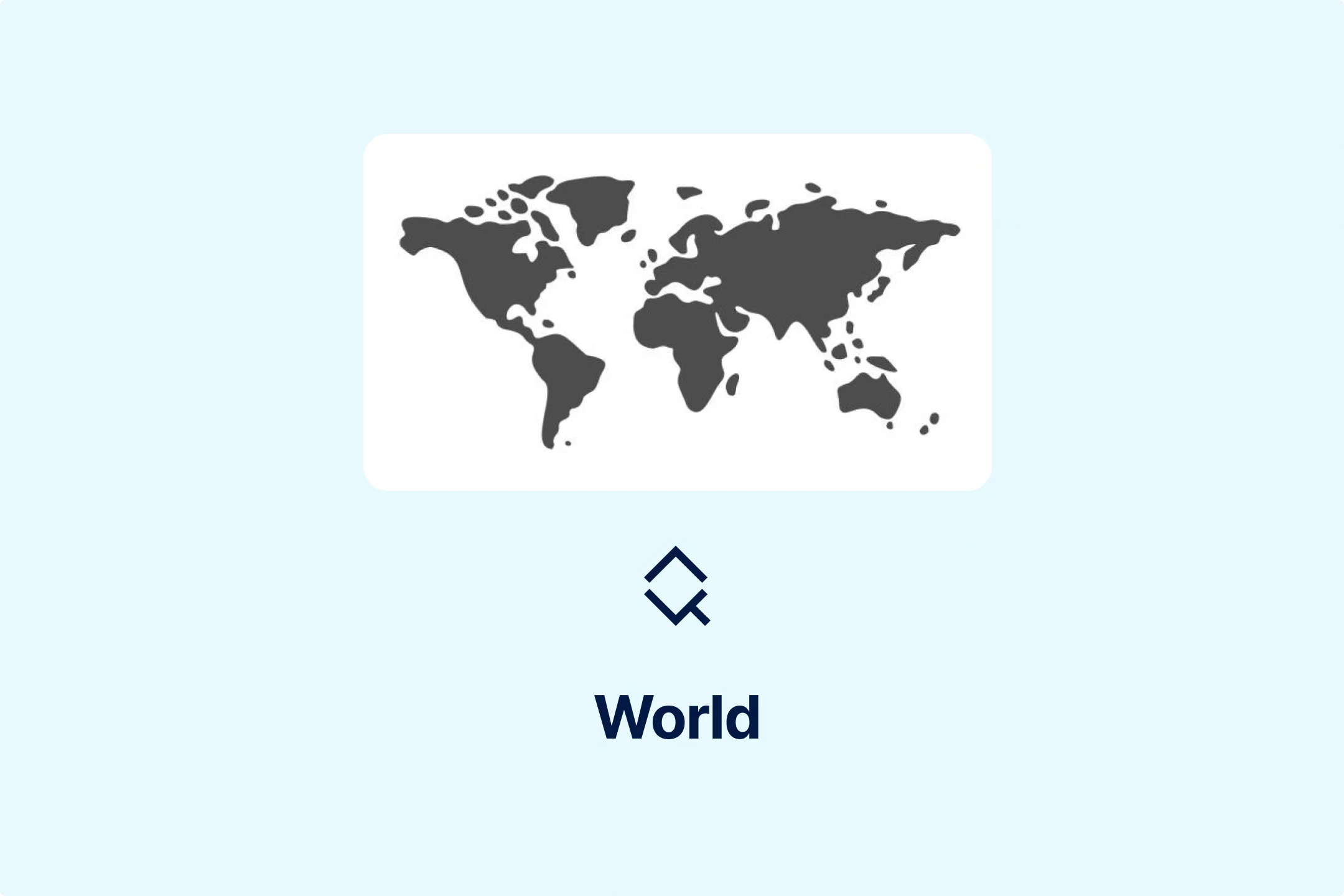
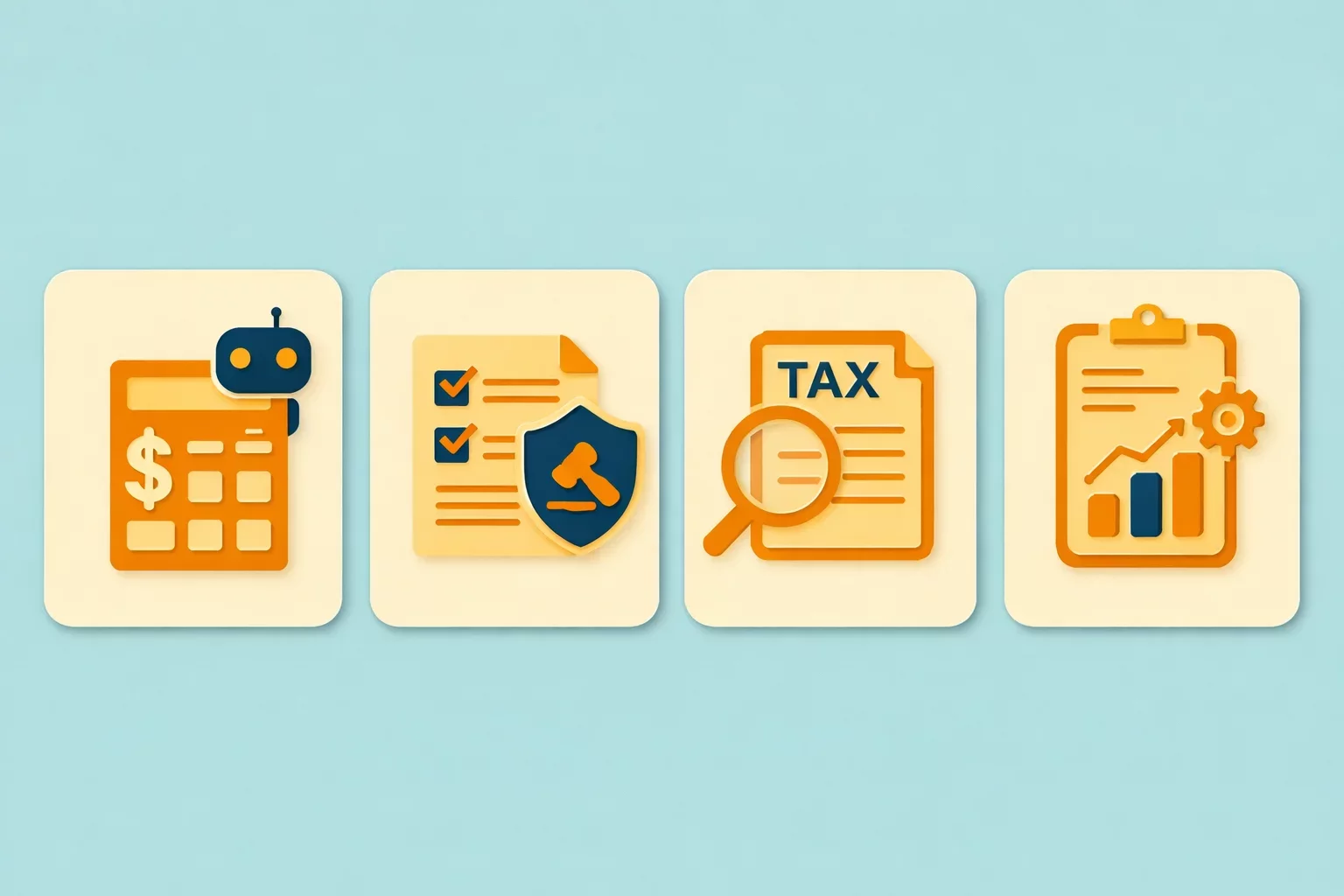


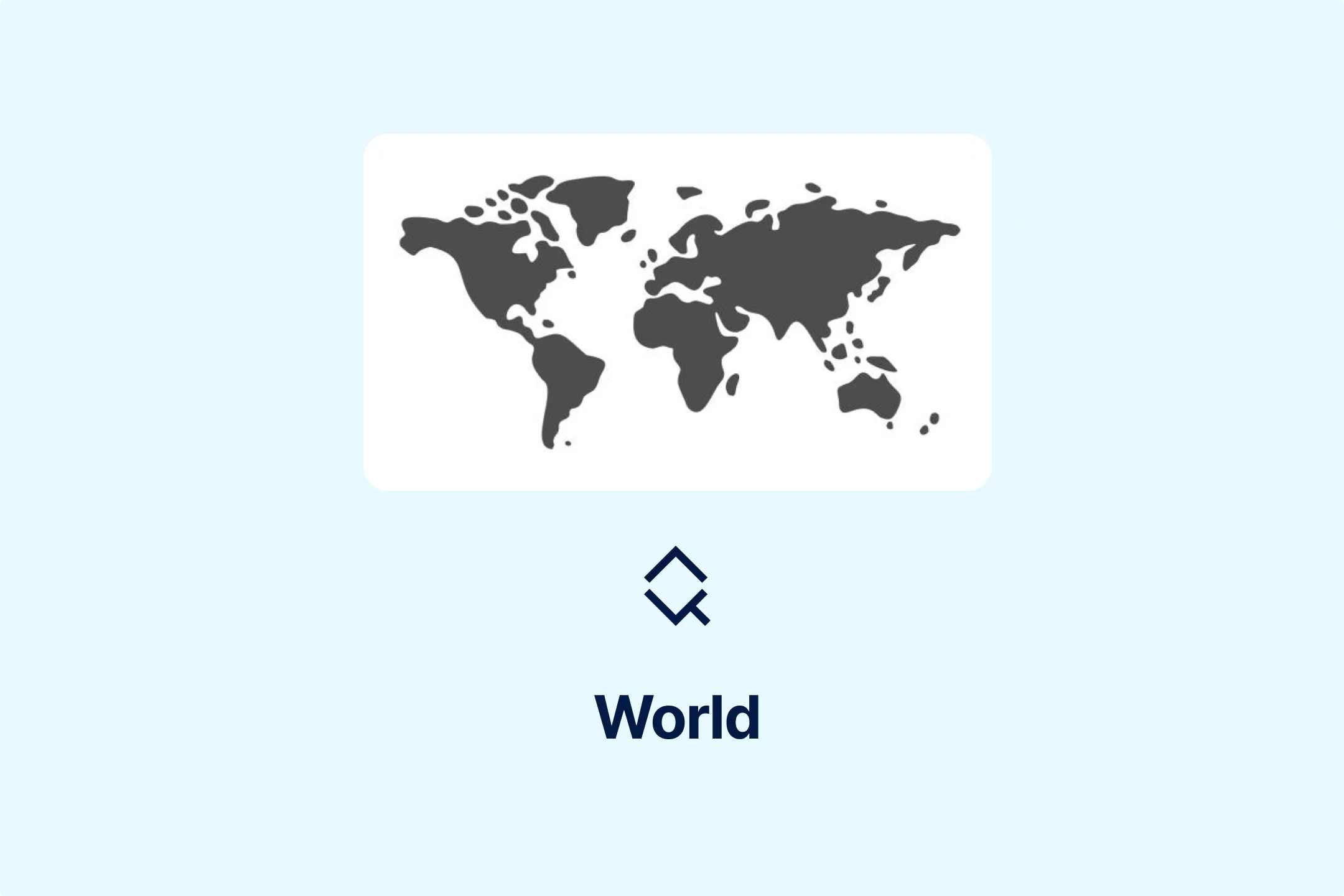





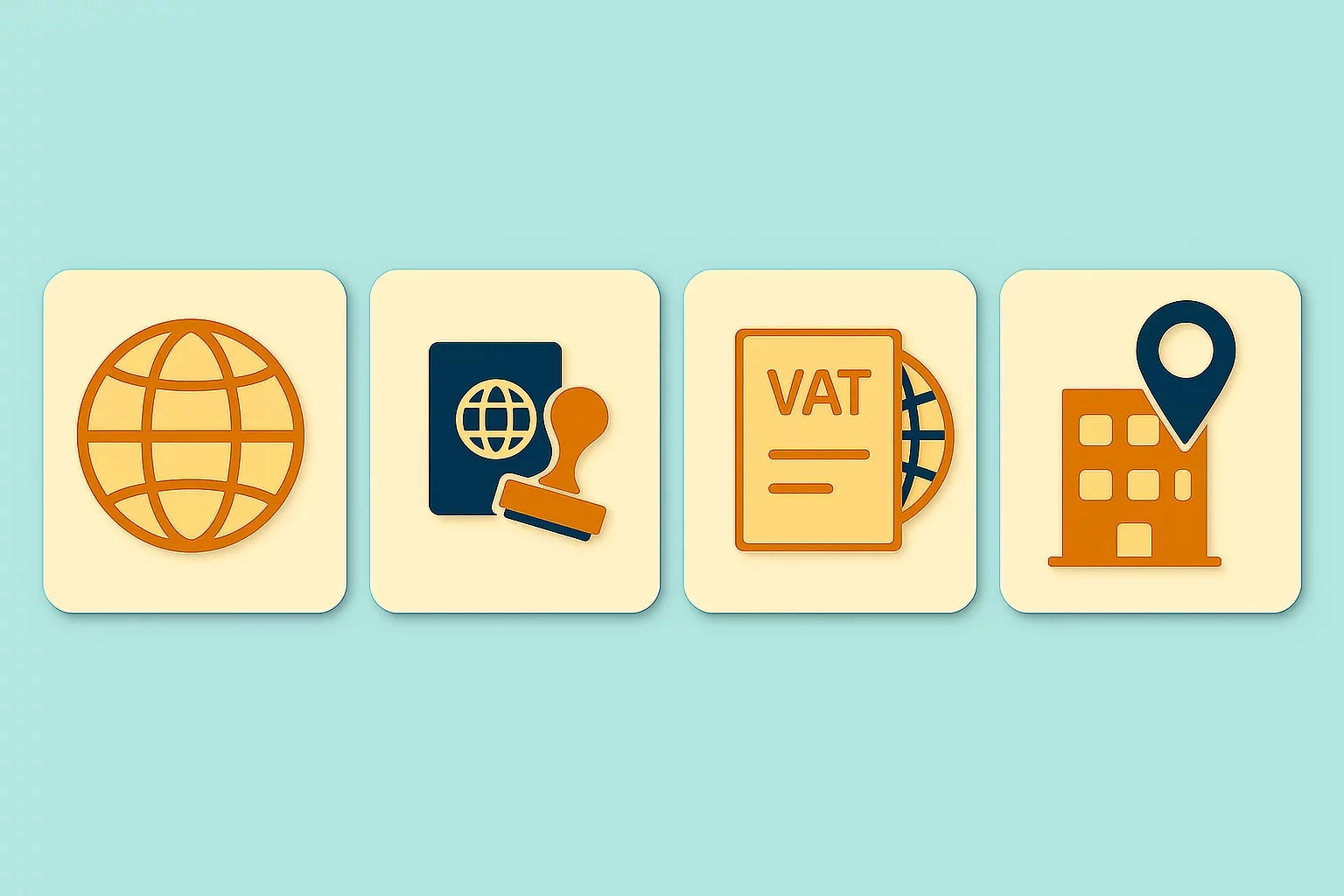

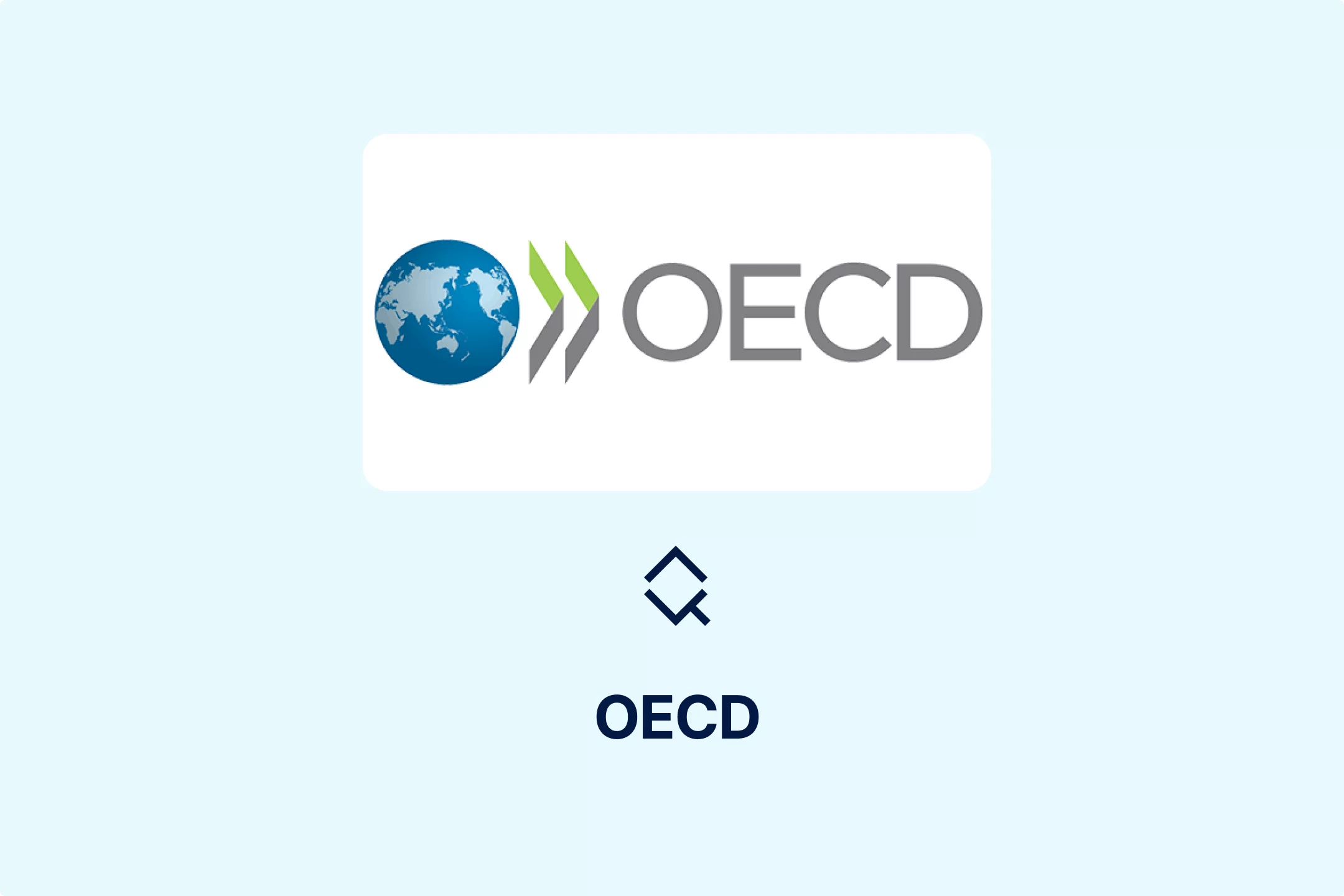











-7xdqdopxl6.webp)



-a9bz8kz2cs.webp)






























